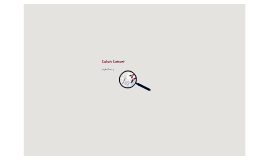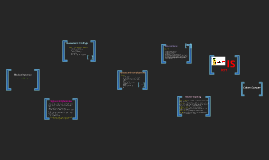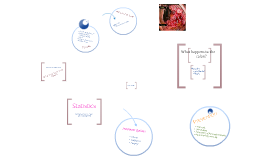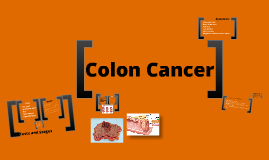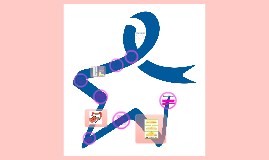Colon Cancer
Transcript: Cells normally grow and divide only when they are needed to keep our bodies functioning properly. But sometimes, the mechanisms that regulate cell growth stop working and cells divide out of control to form tumors. This is called cancer. When cancer develops in the cells lining the colon, it is called colon cancer. People who have a history of colon cancer in their family are at a great risk of getting the disease.These families are considered high-risk, because they may have inherited one of two rare genetic conditions: FAP (familial adenomatous polyposis) or HNPCC (hereditary non-polyposis colon cancer). FAP is caused by a mutation of the APC gene on chromosome 5. APC is a tumor gene, which means that it prevents uncontrolled cell growth. People who inherit a mutated form of this gene develop growths called polyps in their colon. By the age of 15, they may have hundreds of these. Polyps are not dangerous at first, but if they aren't treated, they will develop into colon cancer. Colon Cancer causes many problems in the stomach and bowels, such as: Diarrhea or Constipation, blood in the stool, vomiting, bloating, cramps and unexplained weight loss. Colon Cancer is inherited from others in your family, when diagnosed with colon cancer, it is likely that if not treated, you will be more likely to develop other cancers, such as ovarian, stomach, brain and liver cancers. 90% of patients will survive the disease after going through treatment. If the cancer hasn't yet spread into the surrounding tissues, it can be treated with special chemicals, or radiation. If that doesn't work, a surgery can be performed to remove the polyps and the cancerous part of the colon. http://learn.genetics.utah.edu/content/disorders/whataregd/colon/index.html Colon Cancer Symptoms Resources Treatment






